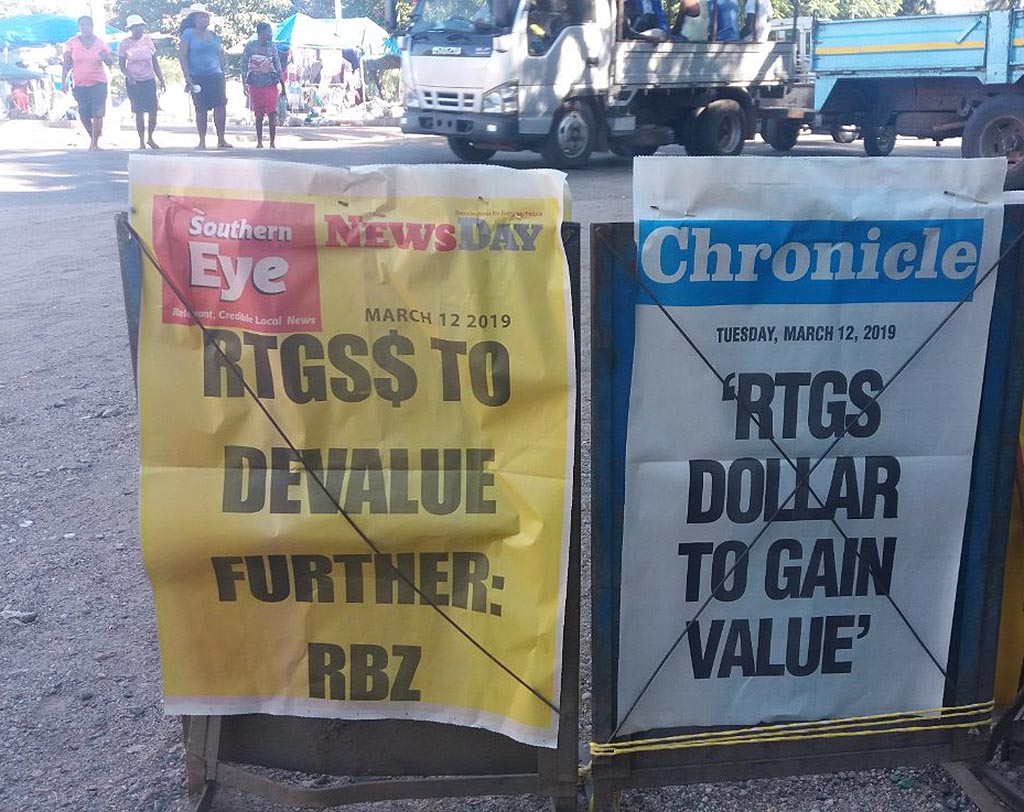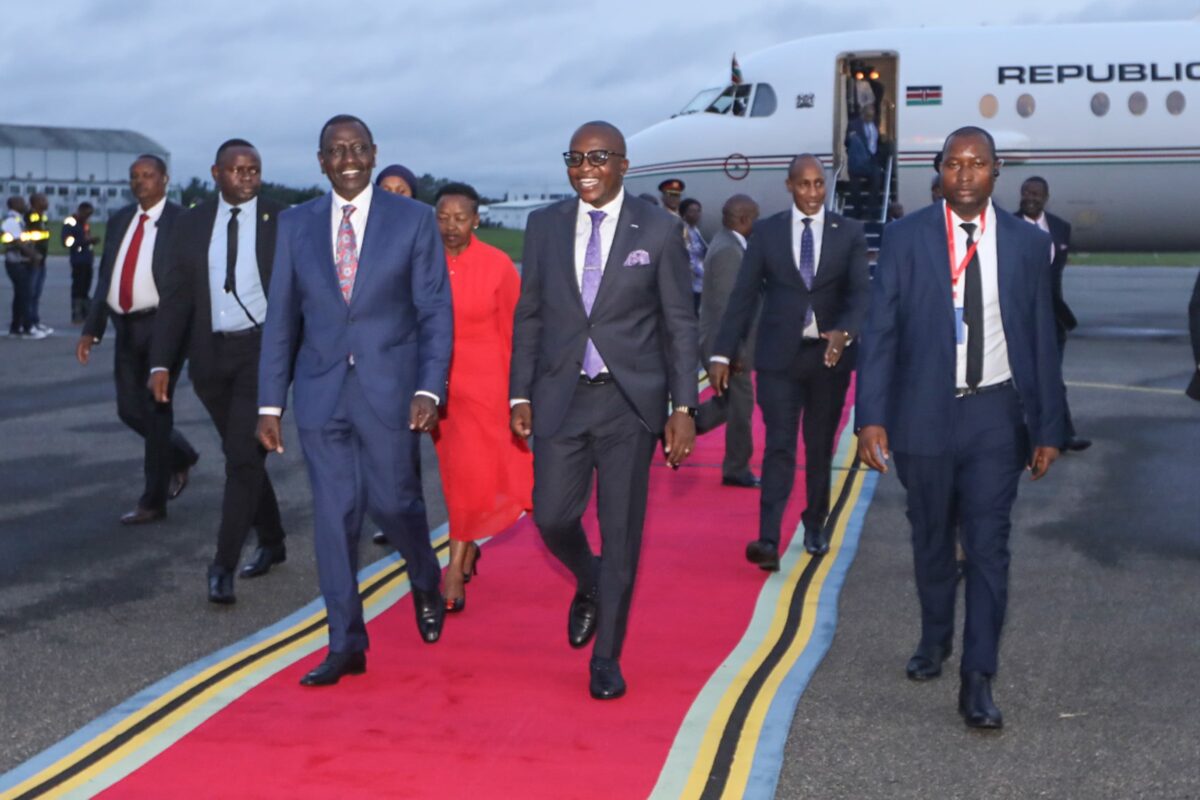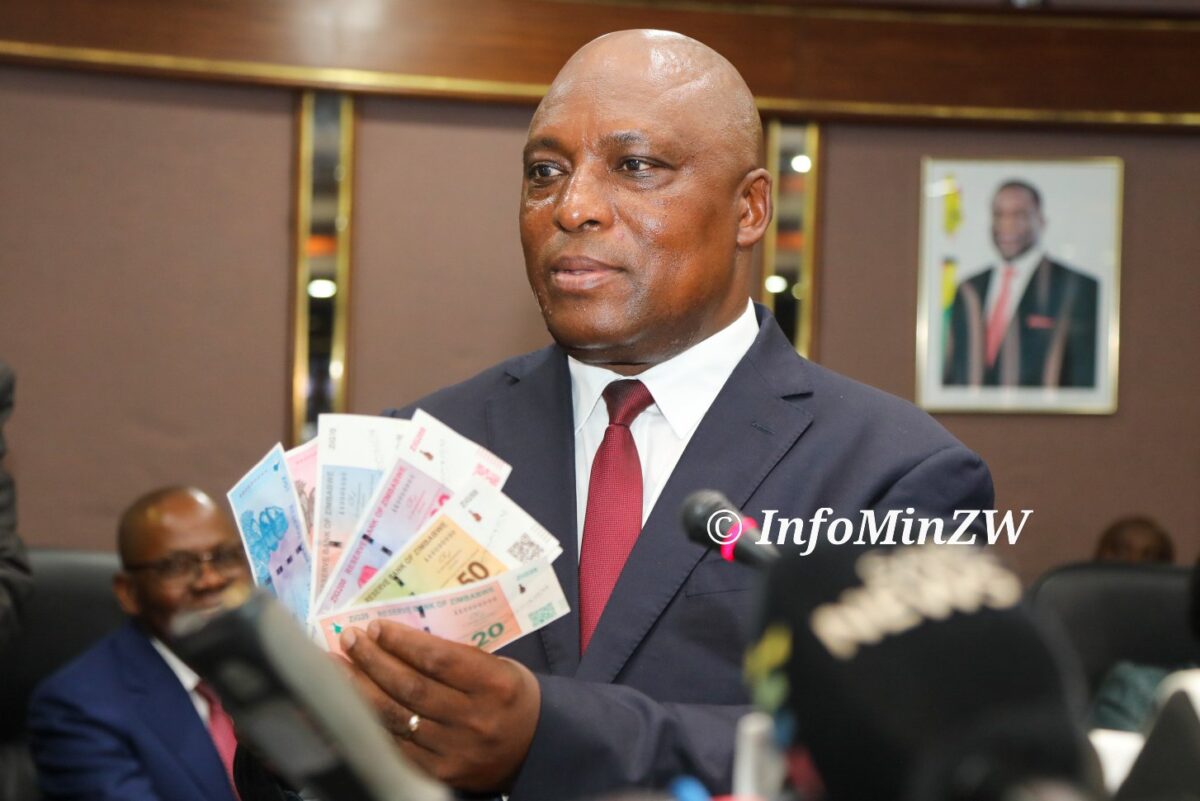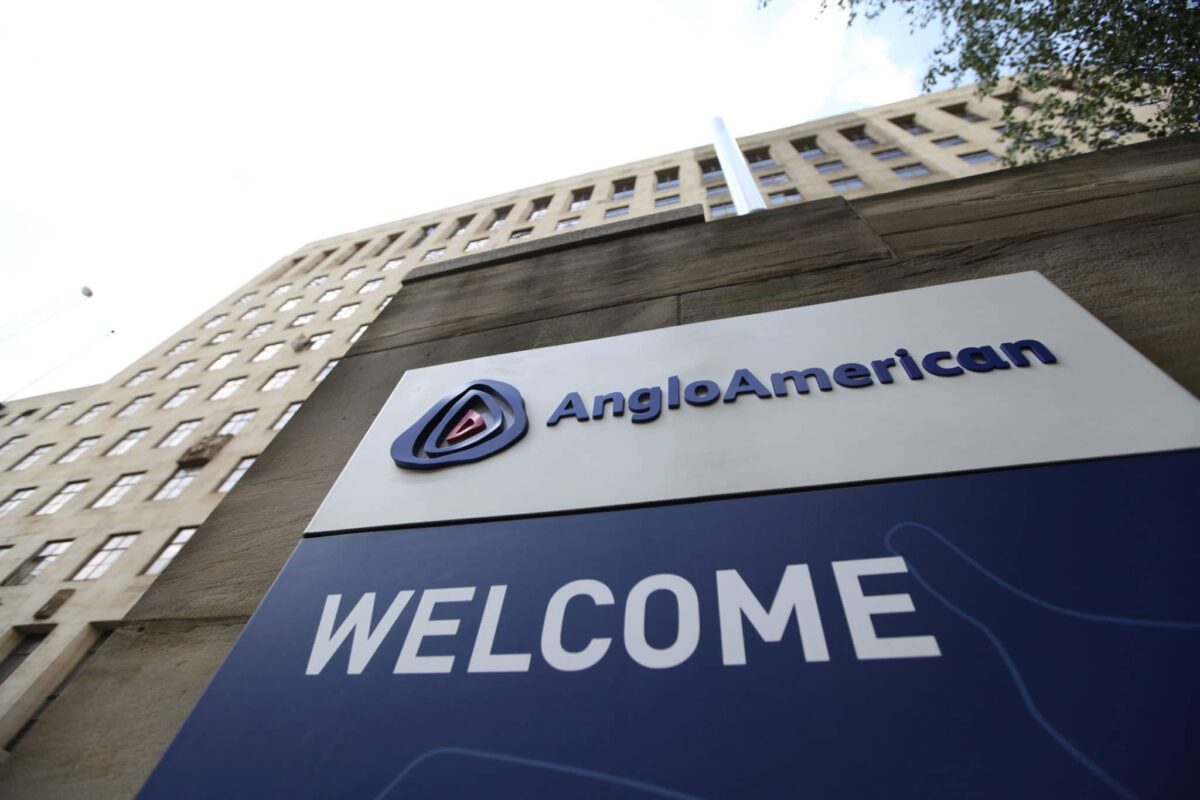IN the Tragedy of Hamlet, William Shakespeare’s character Hamlet remarks: “To be, or not to be, that is the question.”
Today, every Zimbabwean surveying the current economic mess have their own rhetorical poser: “To dollarise, or not to dollarise, that is the question.”
In my view, re-dollarisation is inevitable because the market has completely rejected the fake reintroduction of the so-called Zimbabwe dollar. Instead, the market has continued to index prices of goods and services in United States dollars. In fact most retail outlets, shops, fuel stations, schools, hospitals, pharmacies, you name it, are either charging in USD or indexing. What we see as the price madness is all about indexing prices to parallel market rates which the regime is battling to tame.
During the week ending September 20, 2019, the parallel market closed at 1:25 before the government descended on some named companies and froze their accounts leading to the tumbling of parallel market rates to as low as 1:14.
The question is: can the forex market be determined by arrests or punitive measures? The answer is a big NO. The forex market must be a free float. You cannot use force or controls to bring down parallel market rates. It is wishful thinking. We must not deal with symptoms.
The currency or exchange rate crisis has gone out of hand. Hyperinflation makes the situation worse. Prices of basic commodities are out of this world. The last year-on-year inflation rate was recorded in June 2019 at 175 percent. The regime announced it would no longer publish annual inflation figures due to the break in time series data from the dollarisation era to the Zimbabwe dollar era. The data is soft. Professor Steve Hanke, who continues to measure Zimbabwe’s inflation has put it at 745 percent. This is frightening.
Under such galloping inflation, the only option is to adopt a stable currency, which is the United States dollar. According to Prof Hanke, the rand is volatile and prone to frequent cyclical depreciation against the USD.
Money has, among many uses, two very important functions. Money is a store of value and a medium of exchange. A currency depends on confidence. At present, the market lacks confidence in the Zimbabwe dollar. In fact, as usual, the government bungled when it prematurely announced the instant return of the Zimbabwe dollar when there was no readiness. It was a false start.
The Zimbabwe dollar has suffered a still birth as there was no new local currency issued. The bond note and RTGS remained the only legal tender. That even killed public confidence the most. Instead, the government should have demonetised the bond and RTGS, printed and gazetted new Zimbabwe dollar notes and coins (base money) with particular features. That did not happen.
I am not by any means suggesting that the reintroduction of the Zimbabwe dollar was going to work. Far from it. I am on record arguing that the right macro-economic fundamentals must be in place.
What makes it necessary now to redollarise? The following reasons are most compelling:
♦ No one has confidence in the Zimbabwe dollar anymore
♦ Economic agents are still charging in USD or indexing prices to the parallel market exchange rates
♦ The log-it or lagged effect of RTGS denominated Treasury Bills are still driving money supply growth in the economy and monetary targeting has failed to chlorinate or sterilise the effects of deficit monetisation
♦ Prices of goods and services are sticky downwards. Pundits of neo-liberal economics like finance minister Mthuli Ncube think that one day there will be some imaginary competition that will drive prices down. Such thinking is Utopian and academic. Look at what happened in the week ending September 20.
Even though paralllel market rates fell drastically after threats against a few money launderers, prices did not fall in sympathy. Instead, prices of commodities continue to rise and the poor are feeling the pinch. Society has become more unequal and Zimbabweans are now trapped in poverty. But the sharks are happy. They can hedge themselves against inflation through forex trading and acquisition of assets. The poor civil servants are wallowing in poverty. Pensioners are the worst affected. The economy is in a state of implosion. The wheels have come off.
In order to avert this economic genocide, the government must without much ado, redollarise immediately within this side of 2019. Continuing with the bond and RTGS beyond December 2019 may precipitate social and political mayhem as citizens are losing patience. In fact, the currency crisis is itself a security threat. And so is the economic genocide propelled by price increases. People are dying in hospitals because firstly there are no drugs and secondly they cannot afford to buy from private pharmacies.
The recently appointed member of the Monetary Policy Committee, Eddie Cross, opined that Zimbabwe earns about US$13.6 billion annually in foreign currency inflows from exports of gold, tobacco, diaspora remittances and other flows. If he is correct, then Zimbabwe has more than the 40 percent forex required as currency in circulation to underpin the reintroduction of the USD.
The rand has got issues with Rand Monetary Area and SACU rules. Moreover, all the member states have to agree on the admission of a new member.
Therefore, the only option for Zimbabwe is to redollarise. The Zimbabwe dollar is a debauched currency which cannot be used as a store of value.
Redollarisation will solve the following:
♦ Stabilise the economy and wipe out hyperinflation
♦ Stop the black market caused by the surrogate currencies
♦ Bring back confidence
♦ Stop the government borrowing and result in a cash budget
♦ Flush out cash barons and reverse corruption, clientelism and state capture
Let there be market confidence. Let the US dollar return now and not later.
Tapiwa Mashakada is an economist and adviser to MDC leader Nelson Chamisa















